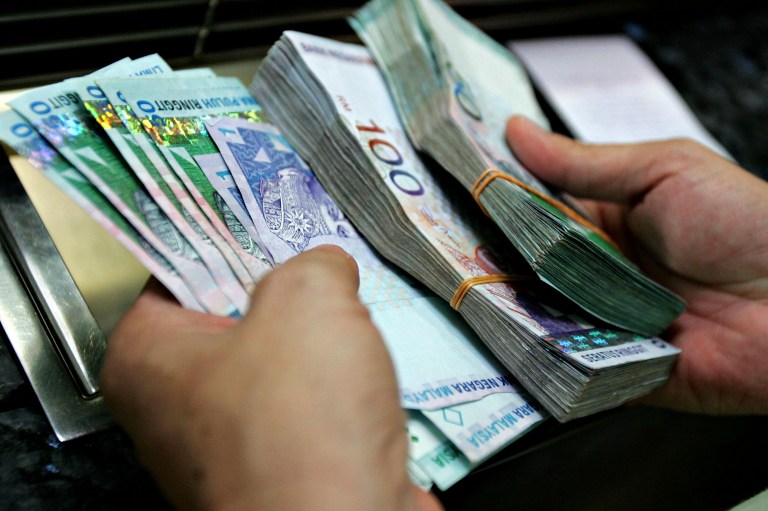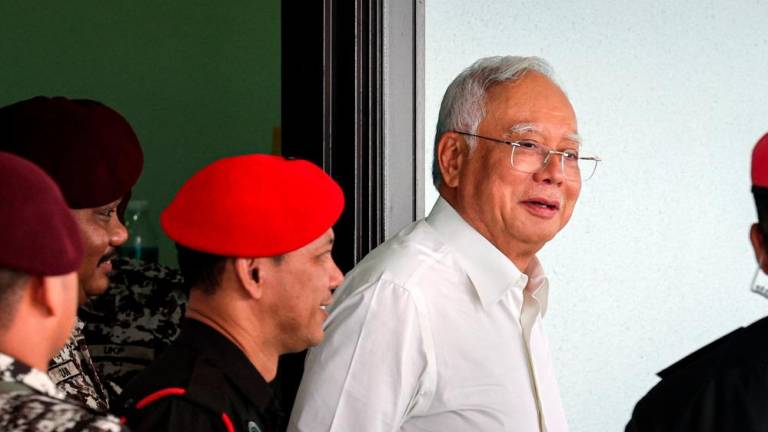PETALING JAYA: Malaysia needs to act fast and decisively if we are not to fall further behind in attracting foreign direct investments ( FDI), two economists told theSun.
They said fundamental faults and not superficial or accidental ones are the main reasons for the drop in FDI.
Malaysia’s FDI drop is the worst in Southeast Asia with a plunge of 68% to US$2.5 billion (RM10.2 billion) last year, according to figures for 2020 released by the United Nations Conference on Trade and Development (Unctad) last week.
Economist and Asli Centre for Public Policy chairman Tan Sri Ramon Navaratnam said the drop is not surprising as it has been a long time coming.
He said Malaysia is less attractive to foreign investors because many other Asian countries seem to be better, more attractive and liberal.
“A foreign investor does not need to worry, grapple or contend with the New Economic Policy when investing in these countries.
“To top it off, we also have political uncertainty with politicians busy politicking instead of looking at how to develop the country and attract FDI,” he said.
Ramon said corruption in this country is also a major issue, thus making it far less attractive to foreign investors.
He added that we don’t have a proper vision for the future and hopefully the next Malaysia plan will pave the way to attract FDI.
He said with race and religion playing a major part in the country, it has become much more difficult to attract foreign investors.
“Language is important, we need to promote both English and Mandarin to attract investors.
“The government needs to either recognise the United Examination Certificate or find a way to accommodate it, to get investors from China.
“Filipinos are well versed in English and this is one of the main reasons for the upsurge of investment in the Philippines even during this Covid period,” Ramon said.
He said after tackling Covid-19 well during the initial period we seem to be having problems dealing with it now.
He said we have to grab the bull by the horns or we are going to get gored by it.
Economist Dr Yeah Kim Leng said the drop in FDI is due to both external and internal factors.
“One factor is the large domestic market in countries such as Thailand, Indonesia and Vietnam and they also have a big pool of low- to medium-skilled workers.
“They also have low labour cost while Malaysia is facing a shortage of both skilled and unskilled workers.”
Yeah said we are unable to attract high-skilled FDI because we do not have enough highly skilled people.
“As a result, we are caught in between, neither here nor there,” he said.
He said although our investment regime is ranked higher than other countries, we are losing out on our competitive edge.
“We may be producing a lot of graduates, we seem to have the quantity but not the quality that will attract more high-end investments.
“We need skilled graduates such as engineers, researchers and scientists if we want to get high-end FDI,” he said.
Yeah said our command of the English language previously gave us the advantage over countries such as Thailand, Vietnam and others.
“We have lost this advantage as other countries have made the effort to improve their language skills to attract FDI,” he added.













